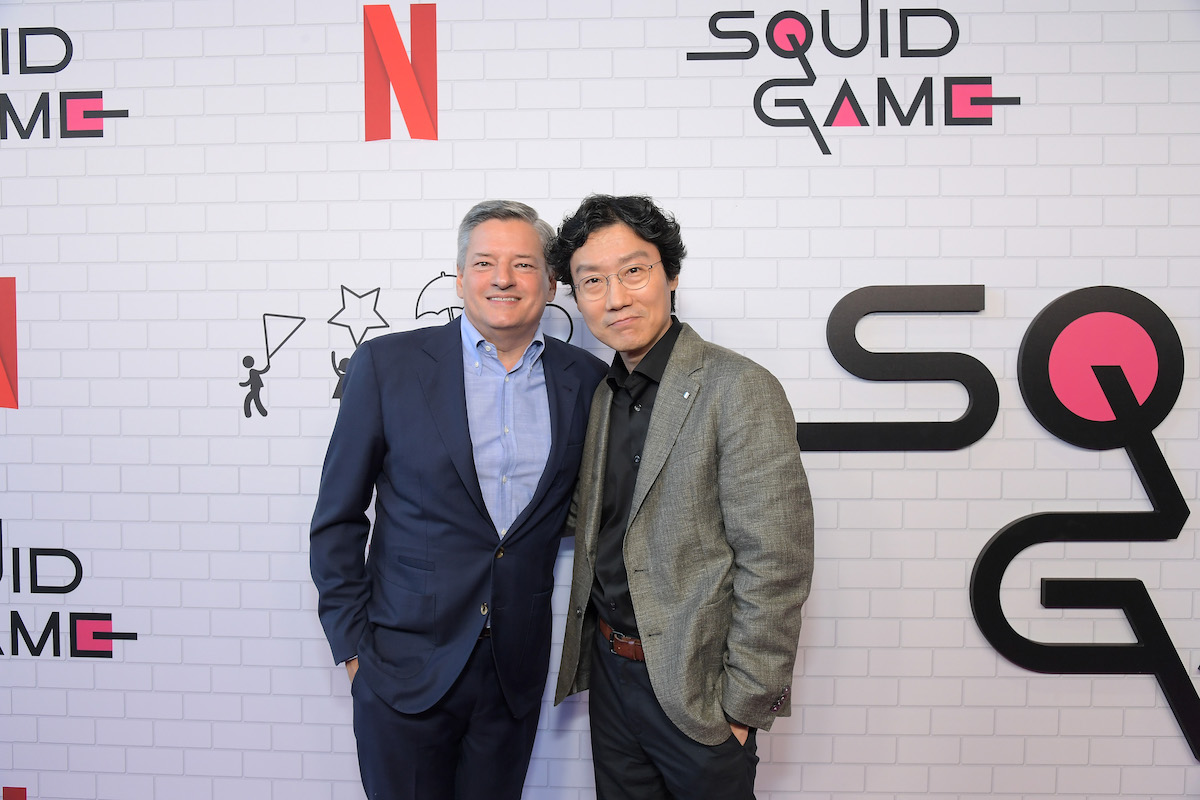
With the SAG-AFTRA strike still raging in the U.S. film and television industry, labor disputes are popping up in foreign markets as well. And guess what? Big industry execs don’t want to meet with them, either. The Korean actors union has been trying to connect with Netflix executives to discuss a labor dispute, and Netflix, allegedly, isn’t answering the phone.
Netflix has its hands in a huge percentage of South Korea’s original TV and film content. And in turn, South Korea has recently been a significant contributor to the streaming service’s success with its original content. We all remember Squid Game, right? That one horror/thriller from Netflix Korea that remains the platform’s most-watched show? Reporting from The LA Times says it was responsible for a large portion of the $160 billion dollar company’s recent subscriber and profits growth.
Well, according to the Korea Broadcasting Actors Union, Netflix’s actors are not being paid in accordance with the success of the content they’ve provided—which, following some of the stories we’ve heard via the SAG-AFTRA strikes, is not exactly surprising.
Song Chang-gon, an actor and the president of the Korea Broadcasting Actors Union, told the LA Times he has unsuccessfully been attempting to set up negotiations with Netflix executives regarding the fact that Netflix Korea’s actors do not get paid any residuals, which is wild! A big complaint from many of the Hollywood strikers is that their share of residuals is too small.
Kim Ju-ho, secretary-general of the association that deals with rights and residuals in South Korea, said the Korean writers’ and actors’ groups held off asking for residuals when Netflix first came to the country in 2016 until they started making a profit. “A precondition for that conversation about residuals was Netflix’s business successfully taking off here,” Kim told the LA Times.
Netflix has been able to pay its Korean employees significantly less than it would its American employees because of a few loopholes. First of all, given the Korean acting market, it can get away with paying most of the talent less money per day. Secondly, and most dastardly, thanks to the company’s outsourcing model, Netflix is not legally classified as an employer in South Korea and, and therefore is not legally required to bargain, even with the actors’ union.
Unfortunately, this sure seems on par with Hollywood’s longterm pattern of outsourcing work to places with lighter or fewer labor laws, and a lower wage standard. In addition to investing in South Korean productions, the U.S. film industry has seen a shift from filming in California to filming in Georgia and Texas for the same cost-cutting, inhumane reasons.
(via The Los Angeles Times, image credit: Getty Images/Charley Gallay for Netflix)
Have a tip we should know? [email protected]
